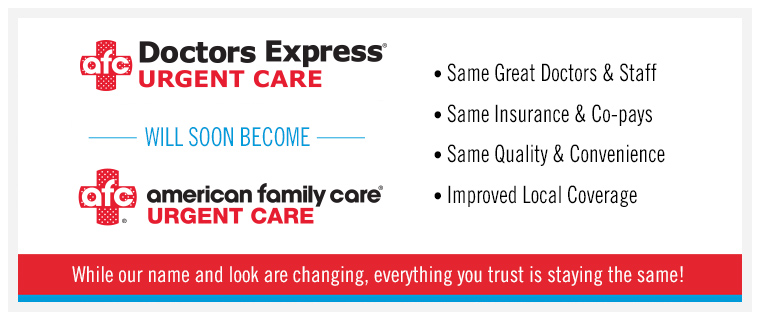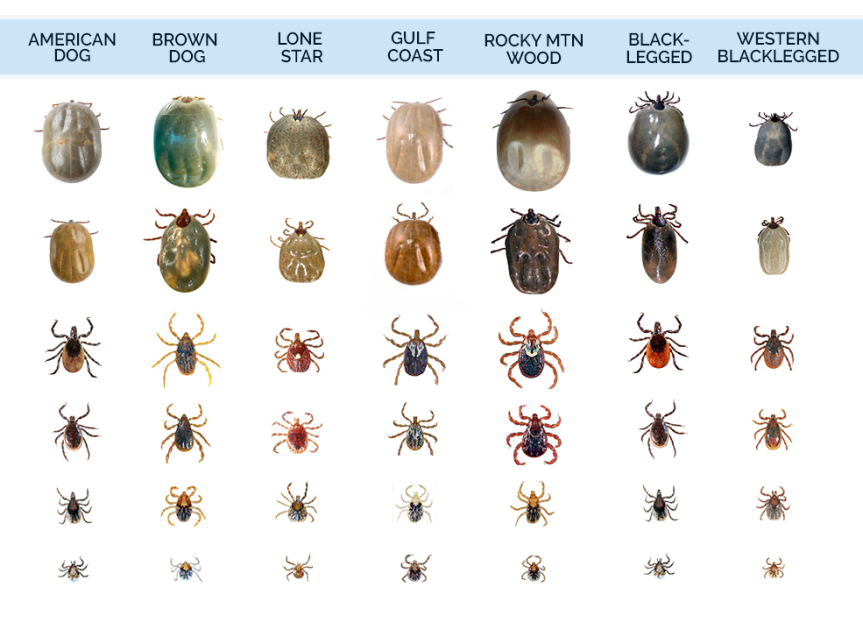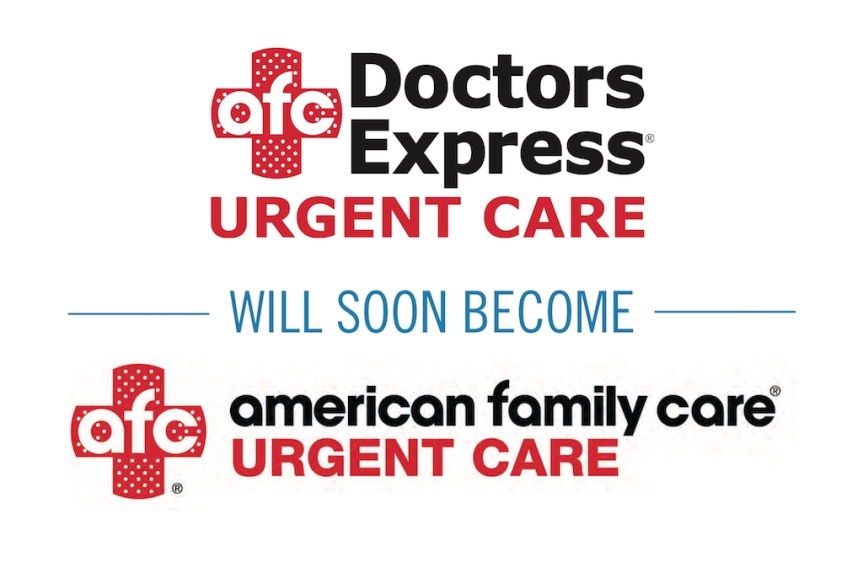(May 24, 2016) As families head out for Memorial Day weekend, local docs warn that insect-borne diseases are increasing here and globally, taking a bite out of summer fun and posing serious health threats.
•Infected mosquitos carrying the Zika virus are expected to enter the U.S. starting in June or July, meaning Americans could get infected right here at home – according to the head of the National Institute of Allergy and Infectious Diseases. *
• One type of infected mosquito likely to carry Zika will blanket the south and reach as far north as New York City and as far west as San Francisco. Another species could spread widely along the East Coast and New England. *
• A newly released study in the journal Climatic Change shows another half a billion people could be at risk from diseases carried by insects including the Zika virus and West Nile virus.
• The World Health Organization reports that Zika, with most outbreaks in South America and Southeast Asia, now has a moderate likelihood of an outbreak in France, Italy and Greece —popular American summer tourist destinations.
The problem? Global warming has created warmer, wet breeding grounds for insects that are “sip feeders” — taking small blood meals from lots of people.
“With Zika spreading to the U.S., we are urging our patients to take precautions to protect themselves from bug bites,” says Jeremy Allen, M.D., of American Family Care. “We are here seven days a week to treat all summer injuries and illnesses from sunburn to bug bites. And if we suspect patients have contracted an insect-carried disease we will make sure they get the proper medical treatment.”
We invite you to interview our docs at the local AFC urgent care to explain the best way to protect your family from bug-bite diseases. We also invite you to talk to families in our clinics about their fears of these illnesses as they prepare for summer travel.
Zika Virus Fast Facts:
• You get the Zika virus from a bite from an infected Aedes mosquito.
• The disease is mostly a threat for women who are pregnant or want to conceive because it can cause serious birth defects.
• Zika is very hard to detect and diagnose. The symptoms are often very mild so people don’t realize they have the virus. In fact, one in five people who contract Zika have few or no symptoms.
• Symptoms include fever, rash, joint and muscle pain and conjunctivitis (pink eye).
West Nile Virus Fast Facts:
• Carried by mosquitos and transmitted when they bite.
• Symptoms include fever, headache, vomiting and in older adults — stiff neck, confusion, seizures, muscle weakness and loss of consciousness.
HOW TO PROTECT FROM ZIKA AND WEST NILE VIRUS:
• Wear long-sleeved shirts and long pants.
• Stay in places with air conditioning and screens to keep mosquitos outside.
• Sleep under a mosquito bed net if you are overseas or outside and can’t protect yourself.
• Use EPA registered insect repellents with one of these ingredients: DEET, picaridin, or oil of eucalyptus.
Lyme Disease:
•Spread by tiny deer ticks that attach to the skin.
•First and most obvious symptom is a rash that looks like a red spot surrounded by a light ring that looks like a target. Some children have fever, fatigue, headaches, sore muscles and swollen glands.
•Lyme disease can cause headaches and body aches or numbness, stiff joints (similar to arthritis), fatigue, meningitis (inflammation of the nervous system), Bell’s palsy (weakness/paralysis in facial muscles), heart problems like inflammation of the heart muscle, inflammation of the eye and difficulties with speech, memory or concentration.
HOW TO PREVENT LYME DISEASE:
• Cover up. When in wooded or grassy areas, wear shoes, long pants tucked into your socks, a long-sleeved shirt, a hat and gloves. Try to stick to trails and avoid walking through low bushes and long grass. Keep your dog on a leash.
• Use insect repellents. Apply insect repellent with a 20 percent or higher concentration of DEET to your skin. Parents should apply repellent to their children, avoiding their hands, eyes and mouth. Apply products with permethrin to clothing or buy pretreated clothing.
• Do your best to tick-proof your yard. Clear brush and leaves where ticks live. Keep woodpiles in sunny areas.
• Check yourself, your children and your pets for ticks. Be especially vigilant after spending time in wooded or grassy areas. Deer ticks are often no bigger than the head of a pin, so you may not discover them unless you search carefully.
• It’s helpful to shower as soon as you come indoors. Ticks often remain on your skin for hours before attaching themselves. Showering and using a washcloth might remove unattached ticks.
• Don’t assume you’re immune. You can get Lyme disease more than once.
• Remove a tick as soon as possible. Using tweezers, gently grasp the tick near its head or mouth. Don’t squeeze or crush the tick, but pull carefully and steadily. Once you’ve removed the entire tick, dispose of it and apply antiseptic to the bite area.
*Anthony Fauci, Director of the National Institute of Allergy and Infectious Diseases
About American Family Care:
Starting with a single location in Hoover, Alabama in 1982, American Family Care has pioneered the concept of non-emergency room urgent care. With its 2013 acquisition of the Doctors Express franchise, AFC is the nation’s leading provider of urgent care and accessible primary care, with more than 160 clinics and 500 in-network physicians caring for more than 2 million patients a year. Ranked by Inc. Magazine as one of the fastest growing companies in the U.S., AFC’s stated mission is to provide the best healthcare possible, in a kind and caring environment, while respecting the rights of all patients, in an economical manner, at times and locations convenient to the patient. For more information, visit www.americanfamilycare.com.





 dicine, pediatrics, or family care. Schedule: Sat, Sun, Mon 8 am until 8 pm. Send CVs/resumes to memphisteam@afcurgentcare.com
dicine, pediatrics, or family care. Schedule: Sat, Sun, Mon 8 am until 8 pm. Send CVs/resumes to memphisteam@afcurgentcare.com




 indicate that you might have heart trouble! According to the Centers for Disease Control and Prevention,
indicate that you might have heart trouble! According to the Centers for Disease Control and Prevention, 